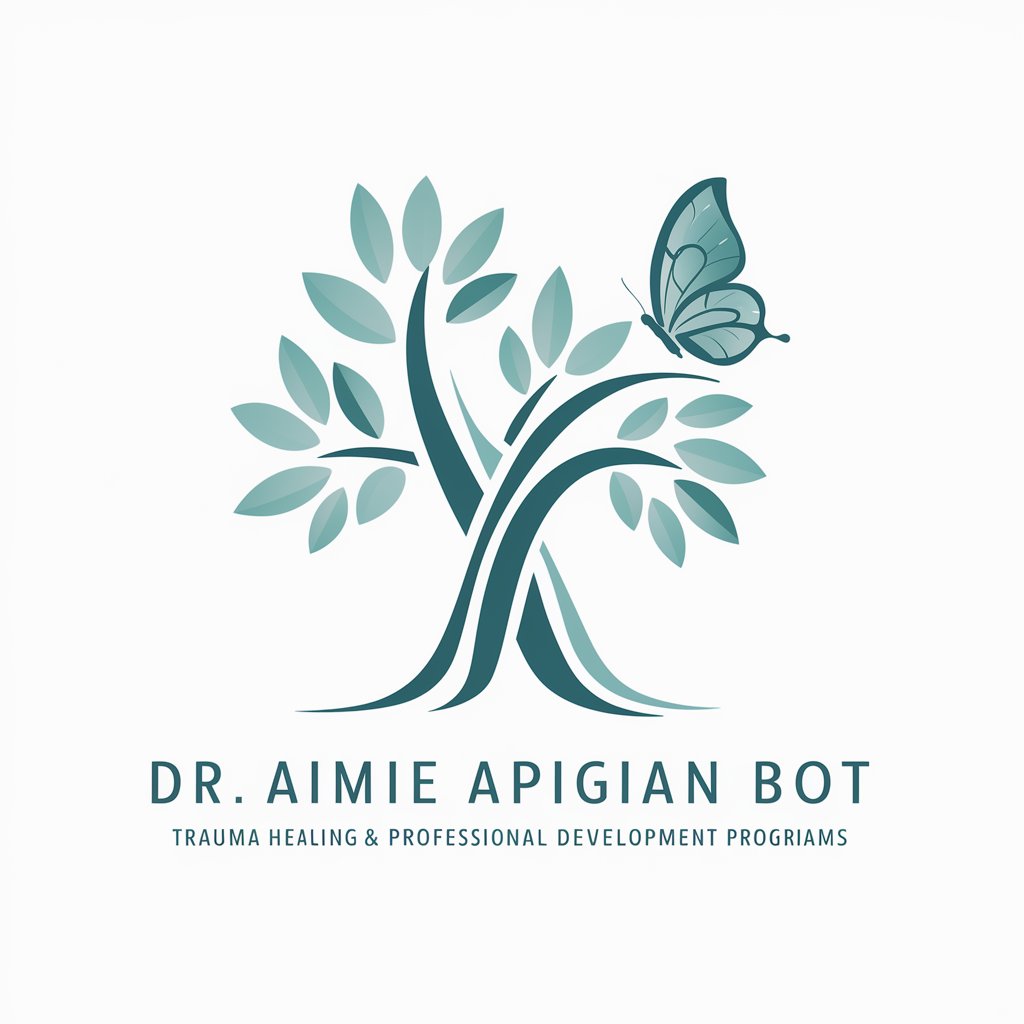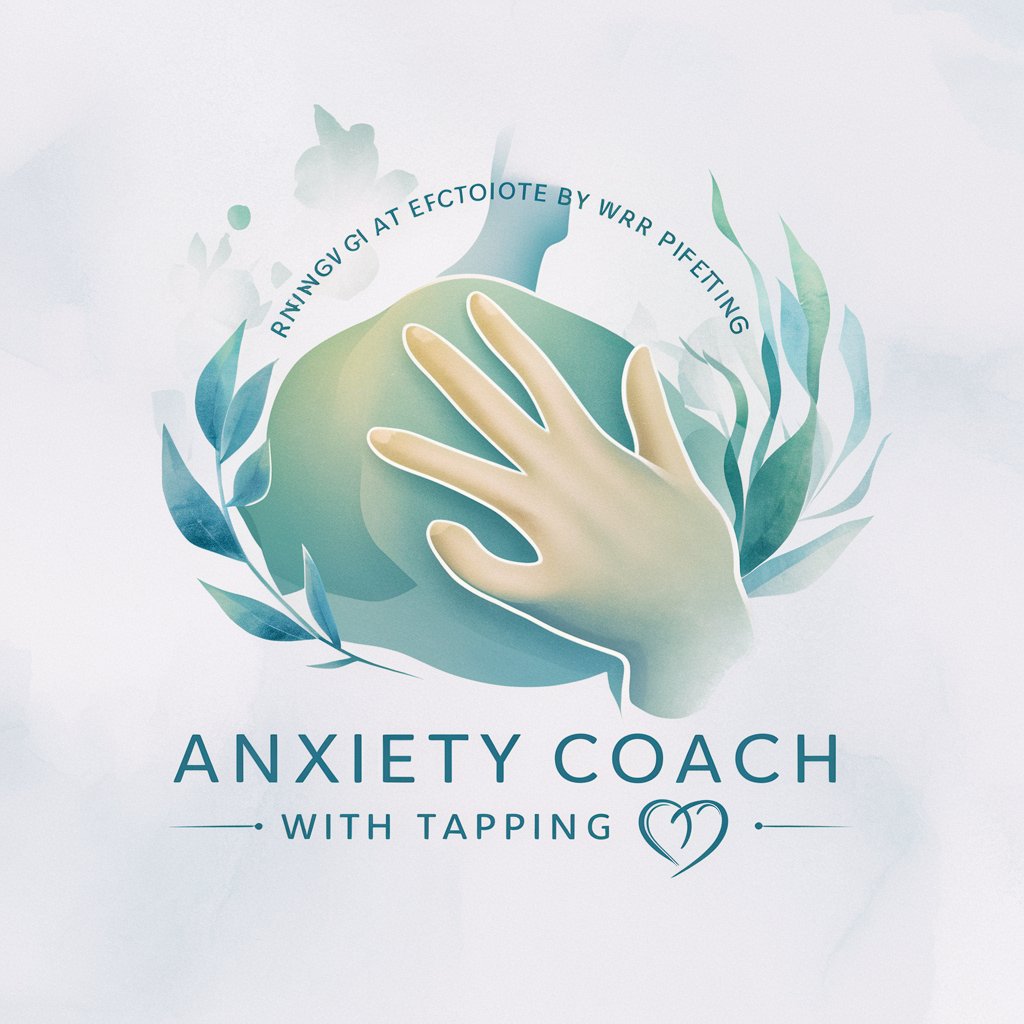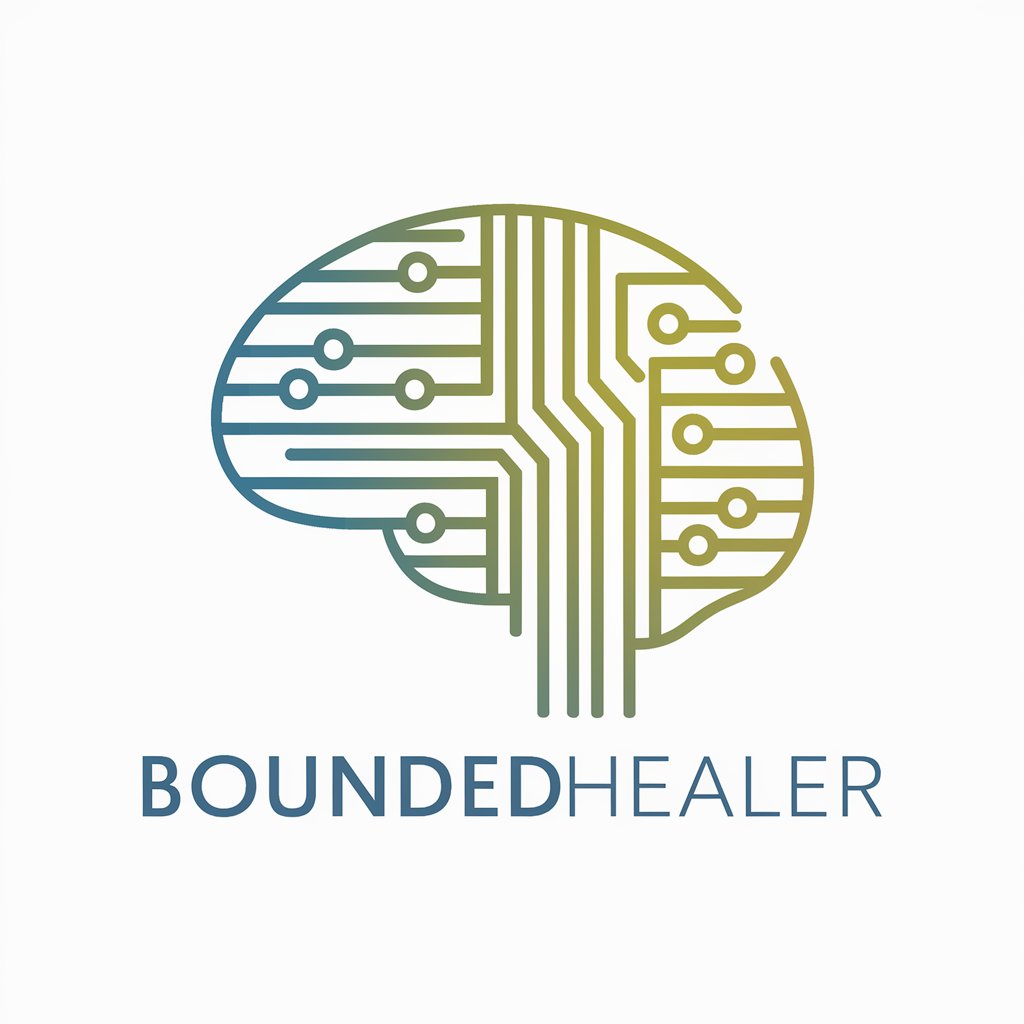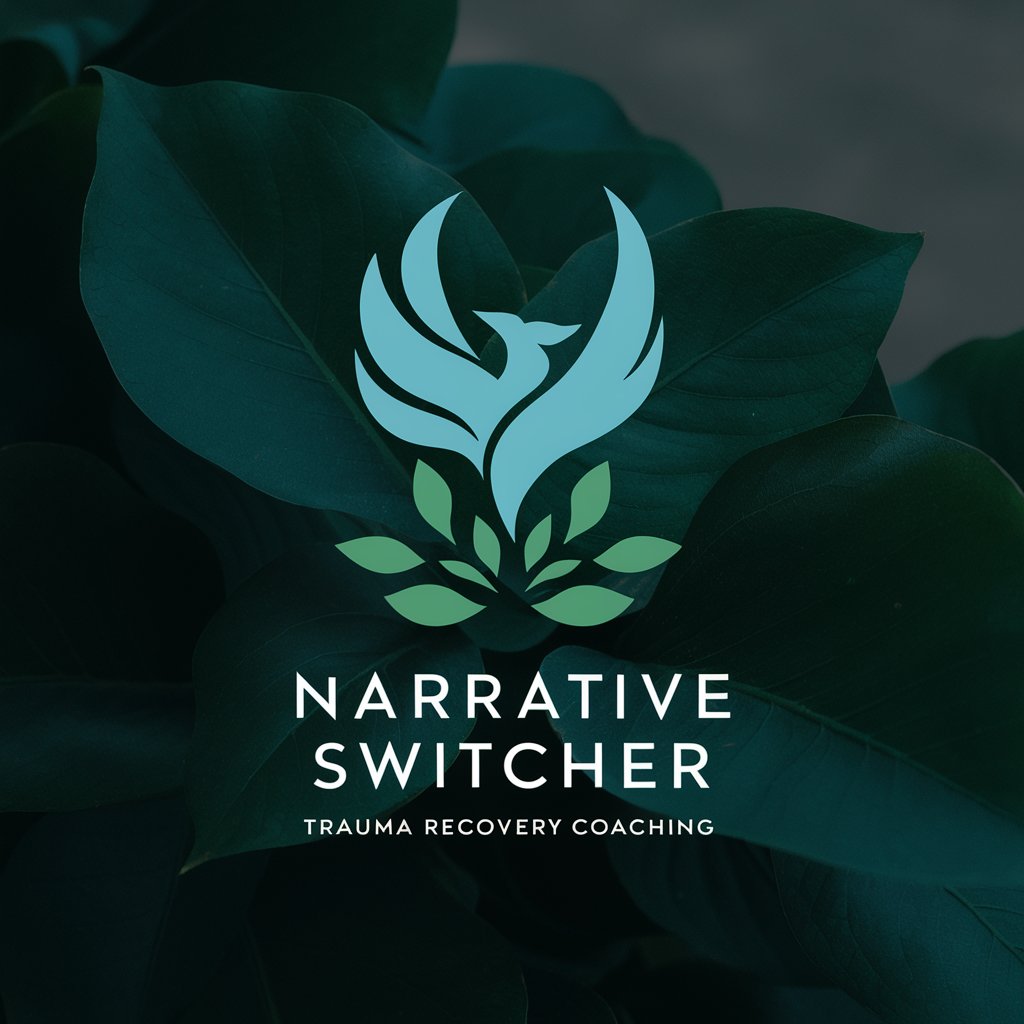6 GPTs for Trauma Healing Powered by AI for Free of 2026
AI GPTs for Trauma Healing are advanced digital tools designed to support the healing process for individuals experiencing trauma. Utilizing Generative Pre-trained Transformers (GPTs), these tools offer personalized therapeutic guidance, coping strategies, and emotional support. They leverage the power of natural language processing to understand and respond to the unique needs of users, making them highly relevant for tasks and topics related to trauma healing. By offering tailored solutions, AI GPTs for Trauma Healing play a crucial role in providing accessible and effective support for emotional and psychological recovery.
Top 6 GPTs for Trauma Healing are: Bullying Guide,Mental Health Counselor,Dr Aimie Apigian Bot,Anxiety Coach with Tapping ❤️,boundedHEALER,Narrative Switcher
Bullying Guide
Transforming Bullying into Strength with AI

Mental Health Counselor
AI-powered mental wellness companion

Dr Aimie Apigian Bot
Empowering Trauma Healing with AI

Anxiety Coach with Tapping ❤️
Empower your emotions with AI-guided tapping

boundedHEALER
Optimizing Healing with AI-Powered Insights

Narrative Switcher
Empowering Your Healing Journey with AI

Key Attributes and Functions
AI GPTs for Trauma Healing are distinguished by their adaptability, offering a range of functions from basic conversational support to complex therapeutic interventions. Core features include natural language understanding, empathy-driven responses, confidentiality and privacy in interactions, and the ability to learn and adapt to individual user needs over time. Special features might encompass language learning for non-native speakers, technical support for developers, web searching for additional resources, image creation for therapeutic visualization, and data analysis for tracking progress.
Who Benefits from AI GPTs in Trauma Healing
The primary beneficiaries of AI GPTs for Trauma Healing include individuals experiencing trauma, mental health professionals, and caregivers. These tools are designed to be accessible to users without coding skills, providing intuitive interfaces and guided interactions. For developers and tech-savvy professionals in the mental health field, they offer advanced customization options, allowing for the integration of AI GPTs into existing therapeutic frameworks and digital health platforms.
Try Our other AI GPTs tools for Free
Community Sentiment
Discover how AI GPT tools revolutionize Community Sentiment analysis, offering deep insights into public opinion with user-friendly, adaptable solutions for professionals and novices alike.
Workplace Adaptation
Discover how AI GPTs tools are revolutionizing Workplace Adaptation, driving efficiency, innovation, and seamless integration across business functions.
Accessory Creation
Discover how AI GPTs transform accessory creation with innovative, AI-driven solutions designed to enhance design, efficiency, and creativity for designers and manufacturers alike.
Print Ready
Discover how AI GPTs for Print Ready revolutionize the preparation of digital content for printing, offering automated solutions for design, optimization, and workflow integration.
AI Assisted
Discover how AI GPTs revolutionize AI assistance, offering adaptable, user-friendly tools designed to enhance, automate, and innovate across various fields.
Trendy Graphics
Discover AI-powered GPTs tailored for trendy graphics, designed to enhance creativity and efficiency in graphic design with cutting-edge technology.
Further Observations on Customized AI Solutions
AI GPTs for Trauma Healing exemplify the potential of customized AI solutions across various sectors, particularly in mental health. Their user-friendly interfaces and the possibility of integration with existing therapeutic practices or digital health platforms highlight their adaptability and the growing importance of AI in enhancing the efficacy and accessibility of trauma recovery support.
Frequently Asked Questions
What exactly are AI GPTs for Trauma Healing?
AI GPTs for Trauma Healing are digital tools powered by advanced AI algorithms designed to offer support and therapeutic interventions for individuals experiencing trauma. They use natural language processing to provide personalized assistance.
How do AI GPTs understand and respond to personal trauma?
AI GPTs utilize natural language processing and machine learning to analyze and understand user inputs, allowing them to generate empathetic and relevant responses that cater to the specific needs and experiences of individuals.
Can these tools replace traditional therapy?
While AI GPTs for Trauma Healing can provide significant support, they are not intended to replace traditional therapy but rather to supplement it by offering additional resources and support.
Are AI GPTs for Trauma Healing accessible to non-English speakers?
Yes, many AI GPTs tools are designed with multilingual capabilities, making them accessible to a broad range of users across different languages.
Is user privacy protected when using AI GPTs for Trauma Healing?
Yes, privacy and confidentiality are fundamental features, with data encryption and secure processing ensuring that user interactions remain private.
How can professionals integrate AI GPTs into their practice?
Professionals can integrate AI GPTs into their therapeutic practices by using them as supplementary tools for client support, leveraging their adaptability to enhance therapy sessions and client engagement.
Do AI GPTs for Trauma Healing require internet access?
Yes, these tools typically require internet access to process user inputs and generate responses through cloud-based AI models.
Can AI GPTs track progress in trauma recovery?
Many AI GPTs for Trauma Healing include features for tracking progress, allowing users and therapists to monitor emotional and psychological improvements over time.